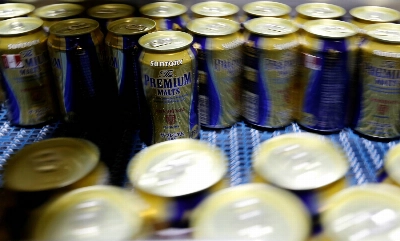Standing atop a tank in August 1991, appealing to Muscovites to defy a coup attempt by old-guard politicians against Soviet President Mikhail Gorbachev -- this is the image of former Russian President Boris Yeltsin that will remain embedded forever in our memories. Although Mr. Yeltsin, who passed away Monday, failed to realize the dreams and hopes of the Russian people when he served as their first democratically elected president, he will be remembered as a leader who accomplished a historic feat: the dismantling of the Soviet Union and the introduction of democratization, liberalization and a market economy to Russia.
Mr. Gorbachev promoted Mr. Yeltsin, a party boss in the provincial city of Sverdlovsk, to high-ranking positions on the center stage of Soviet politics. But Mr. Yeltsin, who was elected Russian Federation president in June 1991, went farther than Mr. Gorbachev, a socialist reformer. In December 1991, Mr. Yeltsin, together with the leaders of Belarus and Ukraine, announced the dissolution of the Soviet Union.
He introduced multiparty elections, free speech, freedom of faith, private property and free enterprise to Russia. But his inability to manage the country's free-market economy led to the impoverishment of millions and the "looting" of state property, which was sold off at a fraction of its value.


















With your current subscription plan you can comment on stories. However, before writing your first comment, please create a display name in the Profile section of your subscriber account page.